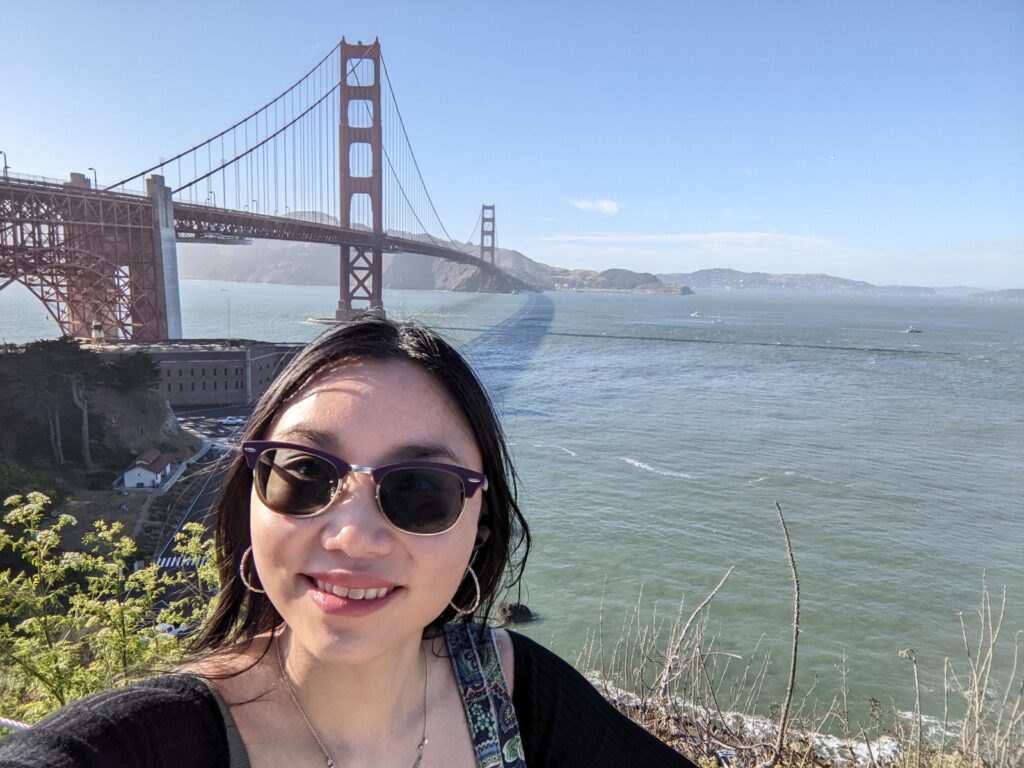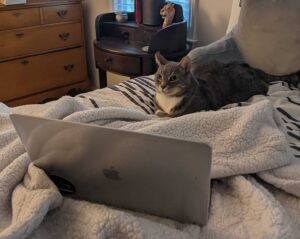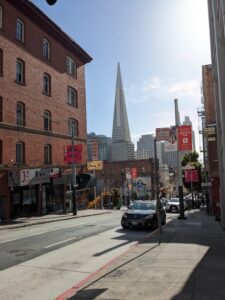
It has been only five weeks since my last blog post, but it feels like it’s been months. To recap: my practicum project involves interviews in rural China with community health workers, supervisors (for the community health workers), and caregivers (who are either pregnant or caring for a baby 0-18 months old) who receive home-based educational lessons on topics like breastfeeding, maternal and baby nutrition, injury prevention, maternal mental health, and hygiene. When I last wrote, I was working on the interview guides. Since then, I have recruited interviewers, held an interview training session, managed the interviewers as they conducted my interviews, transcribed the recordings, and translated the transcripts.
In many ways, this practicum has felt like my own mini research project (a project within a project, if you will) – mine to manage and lead to the charge on, with mentors to offer guidance when needed. The first thing I have learned so far is that my expectations regarding timing were unrealistic: The interview guides were an iterative process, but that also meant that they took nearly twice as long to complete. I still am translating transcripts and haven’t gotten to coding or analyzing anything yet, even though I should be in my last week. The second thing I have learned is that logistical problems are impossible to predict. For example, I never suspected the difficulties that would come with using a Chinese transcription service when you don’t have a Chinese cell phone number or a Chinese bank account. I’ve also discovered the difficulties in managing a team of people in a different time zone, and the importance of clear, written communication. Through reading the interviews, I have learned about Chinese culture like newborn practices and childrearing customs.

My next step for this practicum is to finally (after almost two weeks!) finish translating the interviews and begin coding. I suspect that coding will be easier since I feel as if I know all the transcripts by heart after double checking the transcription and translations line by line. Once the analysis is complete, I will compile it all into a report, which I will present to Stanford’s Rural Action Education Program (REAP). I hope that my findings will help inform future steps in this program, which nearly every interviewee enjoys immensely and finds extremely helpful with childrearing. Though the intervention is scheduled to end soon, I think the findings from both this small project and the larger intervention could have larger impacts on rural families all throughout China.
-Sam



